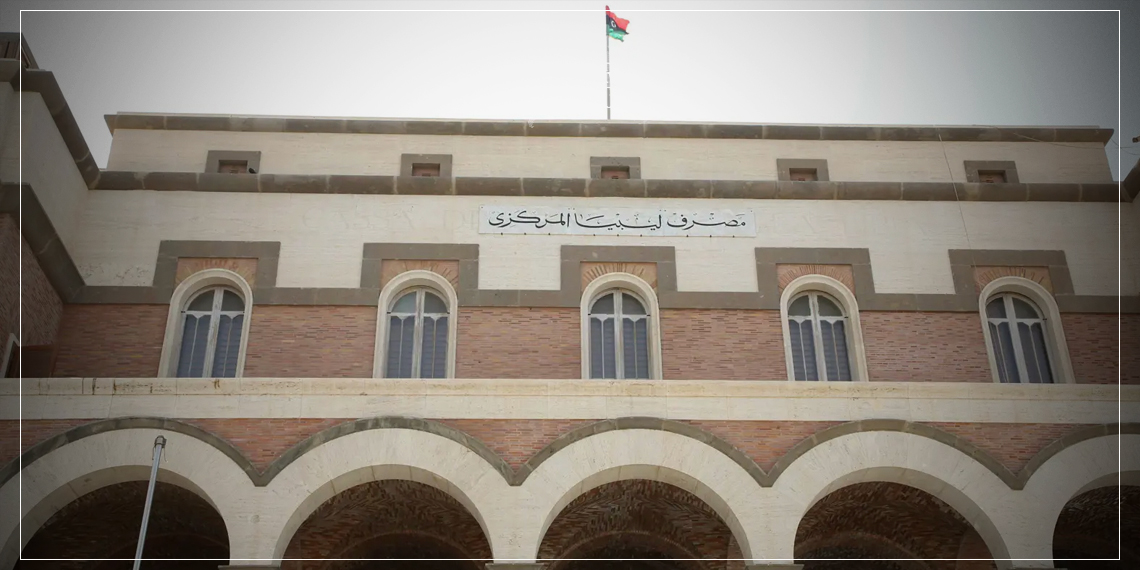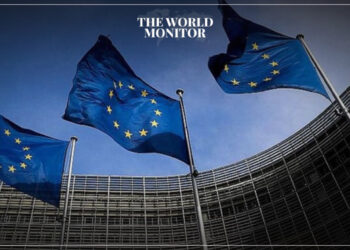The ongoing crisis at Libya’s Central Bank is not only causing internal political turmoil but also casting a shadow over Tunisia, a neighboring country with close trade ties to Libya.
According to a report by Jeune Afrique, the disruption could destabilize the Tunisian market and leave around 7 million Libyans without access to essential goods like food and medicine from Tunisia. In turn, 1,200 Tunisian companies risk losing their fifth-largest export market.
The struggle for control over Libya’s Central Bank between the Tripoli and Benghazi governments has raised concerns that the crisis may worsen.
The situation has become so dire that the United Nations has stepped in to mediate in an attempt to prevent further escalation.
Fouad Gdiche, the international director of Tunisia’s small and medium business employers’ union, CONNECT, told Jeune Afrique that Libya’s Central Bank is no longer issuing letters of credit—an essential procedure for Libyan importers to pay their suppliers.
Libya imports nearly all of its consumer goods from Tunisia, including food, medical supplies, cars, and textiles. Libyan purchases account for about 39% of Tunisia’s GDP, and this trade could come to a halt if the central bank deadlock continues.
A source from Tripoli, contacted by phone, confirmed that while businesses are still operating, consumers have started stockpiling supplies.
The Tripoli-based government, led by Abdel-Hamid Dbaiba, insists everything is under control, but residents remain concerned about the possibility of a prolonged crisis.
For Tunisian exporters, the situation is already dire. The market has effectively closed overnight, leaving them in a precarious position. With exports to Libya valued at 2.65 billion Tunisian dinars (around $800 million) in 2023, Tunisia enjoys a significant trade surplus with its neighbor.






